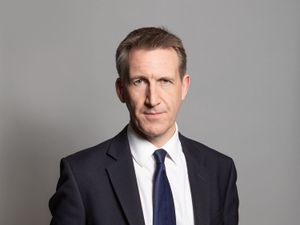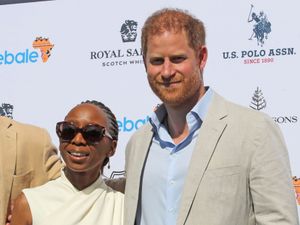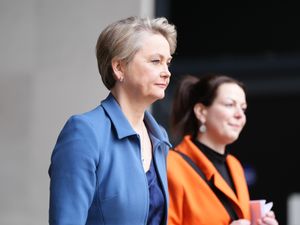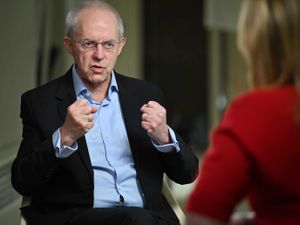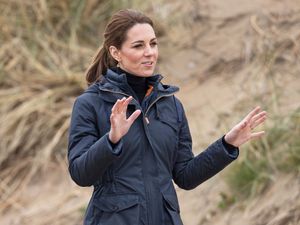Alastair Campbell plays bagpipes lament for late Good Friday Agreement figures
The former Downing Street communications chief played the tune in memory of politicians involved in the peace deal who ‘are no longer with us’.
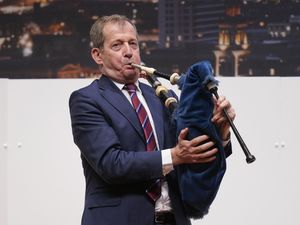
Former Downing Street communications chief Alastair Campbell has played a lament on the bagpipes for political figures who were involved in the Good Friday Agreement negotiations but have since died.
His performance came at the end of a live recording of The Rest Is Politics podcast, which took place in the Whitla Hall at Queen’s University Belfast as part of the Agreement 25 conference marking a quarter of a century since the peace deal.
“I’m actually in my dotage, started to write… and I’m going to play a lament,” Mr Campbell said.
“And it is a lament to Mo (Mowlam), John Hume, Seamus Mallon, David Trimble, David Ervine, and two gentlemen better known as the Chuckle Brothers (Rev Ian Paisley and Martin McGuiness), because at various points they were all involved and they are sadly no longer with us.”
Mr Campbell was chief press secretary at the time of the peace deal negotiations in 1998.

During the course of the live recording, Mr Campbell discussed forthcoming podcast episodes featuring former US secretary of state Hillary Clinton and former prime minister Tony Blair.
“We’ve also done an interview with Hillary Clinton,” he said.
“Both she and Tony (Blair) separately made the same point, which I think is something here for the PhD students to think about – would it have been achieved in the way that it was in an era of social media? I’m not convinced.”
Podcast co-host Rory Stewart, a former cabinet minister, also expressed apprehension about the impact of social media.
“Others have been talking about social media, and the way in which instant tweeting could undermine these kinds of processes,” he said.
“But I think that same form of social media has increased populism and polarisation around the world, as undermining the authority of the United States, its Western allies, we’ve seen the rise of China.”
He added: “It’s very, very difficult now to see the re-emergence of peace processes and the global order.”

